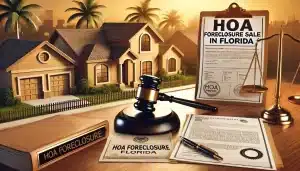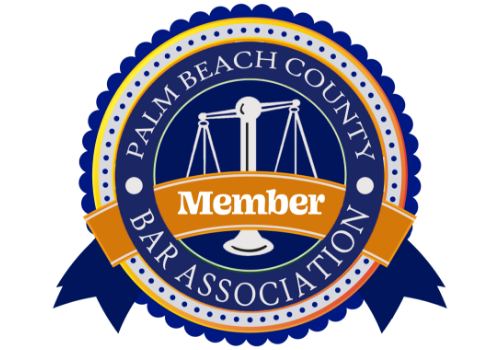
Law Blog
WHAT IS MORAL TURPITUDE?

Florida courts have defined moral turpitude as “the idea of inherent baseness or depravity in the private social relations or duties owed by man to man or by man to society.” Florida courts have specifically held that manslaughter by culpable negligence is a crime of moral turpitude. The courts have also held bookmaking as a crime of moral turpitude. The courts have held that a physician selling bogus diplomas and licenses committed a crime of moral turpitude. However, certain crimes, such as possession of a controlled substance have been held not to be a crime of moral turpitude.
In the recent case of Nelson v. Dept. of Business and Professional Regulation, the court was once again faced with whether a real estate licensee had committed a crime of moral turpitude. Mr. Nelson plead nolo contendere to charges of battery (a first degree misdemeanor) and criminal mischief (a second degree misdemeanor). Apparently, Mr. Nelson set off a smoke bomb at the offices of the St. Johns River Water Management office in Melbourne, Florida. His action was his political protest over actions that had been taken by the Water Management office. The trial court withheld adjudication and Mr. Nelson was placed on probation for eighteen (18) months. Thereafter, the Florida Department of Business and Professional Regulation, Division of Real Estate, filed an administrative complaint to discipline Mr. Nelson claiming that he plead nolo contendere as to charges which constituted a crime of moral turpitude.
After reviewing the case law, defining moral turpitude, the Fifth District Court of Appeals found that the actions of Mr. Nelson did not show a “baseness or depravity” that would impugn his ability to deal fairly with the public. Therefore, the court determined that no suspension of his broker’s license or other discipline was warranted.
Judge Sharpe of the Fifth District Court of Appeals wrote a specially concurring opinion. She stated that she agreed with the decision in the case, but expressed her concerns that the courts were in a dangerous area when courts were trying to determine what constituted a crime of moral turpitude. She basically indicated that the appellate courts were ruling in a “we know it when we see it” manner. In other words, the three judge panel hearing the appeal were of the “gut” opinion that the smoke bomb fired by Mr. Nelson in this case did not constitute baseness or depravity. However, similar action in a similar situation might be viewed differently by other three judge panels. She also stated that American society has become sufficiently diverse so that the term “moral turpitude”: no longer carries a sufficient warning to indicate what activities are prohibited; and, that what is contrary to morals has changed over time and can vary from community to community. She requested that the legislature spell out what categories of crimes warrant imposition of sanctions against a broker or a sales person.
The information provided in this article does not, and is not intended to, constitute legal advice; instead, all information, content, and materials available in this article are for general informational purposes only. Information in this article may not constitute the most up-to-date legal or other information. Readers should contact an attorney to obtain advice with respect to any particular legal matter. No reader, user, or browser of this article should act or refrain from acting on the basis of information in this article without first seeking legal advice from counsel in the relevant jurisdiction. Only your individual attorney can provide assurances that the information contained herein – and your interpretation of it – is applicable or appropriate to your particular situation.
The views expressed at, or through, this site are those of the author writing in their individual capacity only – not those of Scott-Harris as a whole. All liability with respect to actions taken or not taken based on the contents of this site are hereby expressly disclaimed. The content on this posting is provided “as is;” no representations are made that the content is error-free.
recent post


South Florida Closing Costs: What Buyers & Sellers Should Expect

Homeowners Associations (HOA) in Florida: Legal Rights and Obligations
recent post

HOA Foreclosure Sales in Florida: Understanding Risks, Liens, and Legal Considerations

South Florida Closing Costs: What Buyers & Sellers Should Expect









